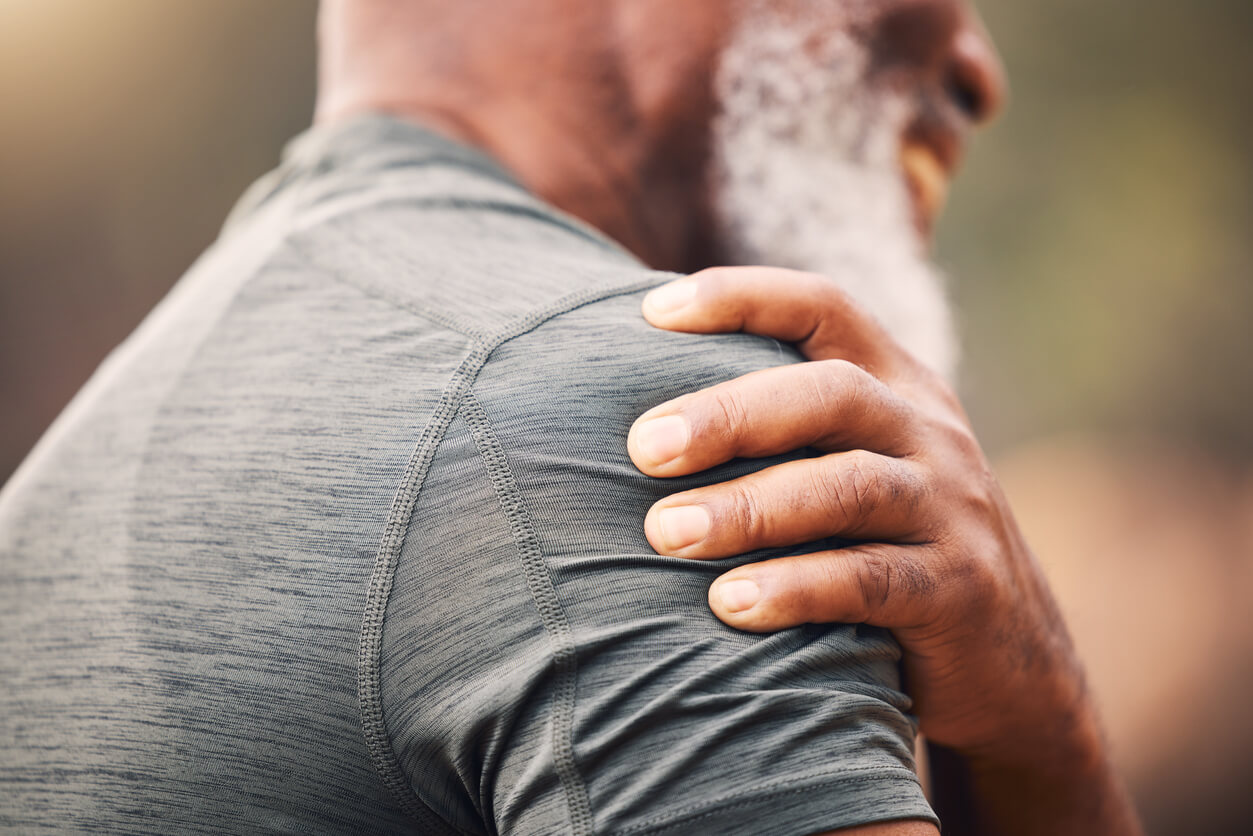Sometimes, if there is a drinking and driving accident or a hit and run, there will be a criminal case coinciding with a personal injury case. For instance, if a drunk driver gets into an accident that injures someone else, the intoxicated driver will likely go on to face criminal charges as well as a civil suit where the injury victim will pursue compensation for the harm they have suffered. This blog will discuss what injured clients should consider when navigating the civil lawsuit system at the same time as a criminal case. Should you wait until after the criminal case wraps up to go forward with your personal injury suit? We will answer this question and more.
What Happens When a Criminal Case and Personal Injury Case Are at the Same Time?
Criminal cases and civil cases have different purposes. The purpose of a criminal case is to punish the criminal offender for their unlawful behavior. The purpose of a civil case is to compensate the party injured by negligent or wrongful behavior. Another big difference between criminal cases and civil cases is the burden of proof. The burden of proof in a criminal case is much higher than it is in a civil case. In fact, it is the highest legal burden there is and that is the “beyond a reasonable doubt” burden.
So, where would a criminal case and a personal injury case overlap? Well, when criminal behavior ends up injuring someone else, two separate cases can develop. In the instance of a drunk driving accident, the drunk driver can be charged with a DUI. If the drunk driver caused an accident resulting in injury to another, the charges can be raised to a more serious level. On the other side of things, the injury victim can bring a civil suit pursuing compensation for the losses they sustained in the accident. A civil suit, however, will only be necessary if the insurance provider for the drunk driver fails to make an acceptable settlement offer on the victim’s claim.
Will the criminal case impact the civil case or vice versa? Not likely and, if at all, not really. The two suits will likely overlap significantly, however, in terms of the evidence presented. Much of the evidence the district attorney brings in the criminal case is likely going to come into play during the civil case. Evidence will include things like proof of the drunk driver’s level of intoxication. This would involve blood alcohol content test results, eyewitness accounts of the accident and the drunk driver’s reckless behavior, accident reports, and more. If the criminal case results in a criminal conviction, this may be used as evidence to support the drunk driver’s reckless behavior and support the liability assertion in the civil case. It may even help support an award for punitive damages, which are only awarded in exceptional cases of driver recklessness or gross negligence.
If you have been injured in an accident caused by a drunk driver, however, you should not wait for the criminal case to proceed or wrap up. Time is of the essence in personal injury cases and the sooner you can retain legal counsel and begin the process of bringing your claim, the better.
Central New York Personal Injury Attorneys
After being injured by a drunk driver, do not delay. The team at CDH Law is here to begin immediate work on investigating and building your personal injury claim to help ensure your legal rights are protected. Contact us today.



